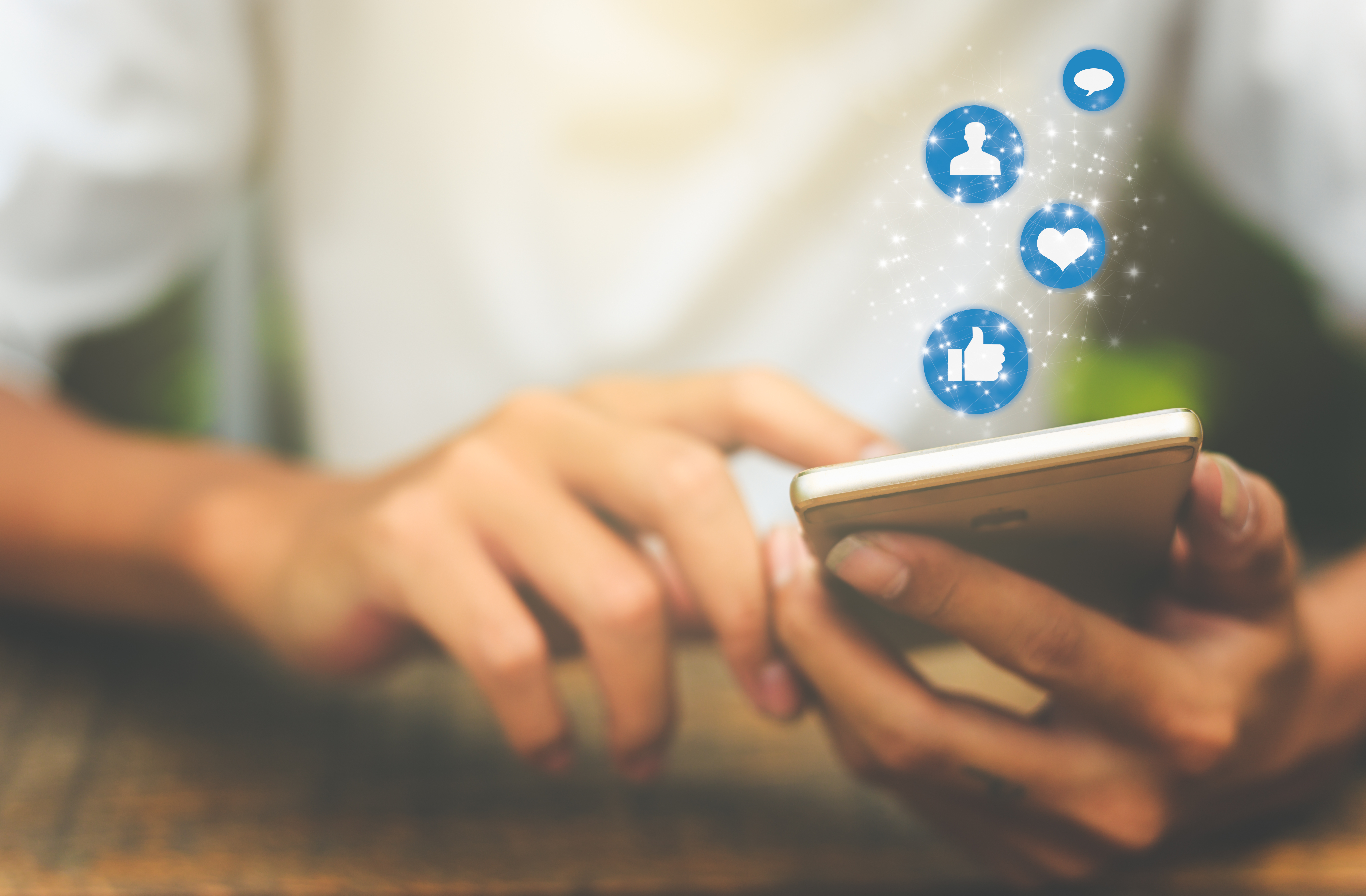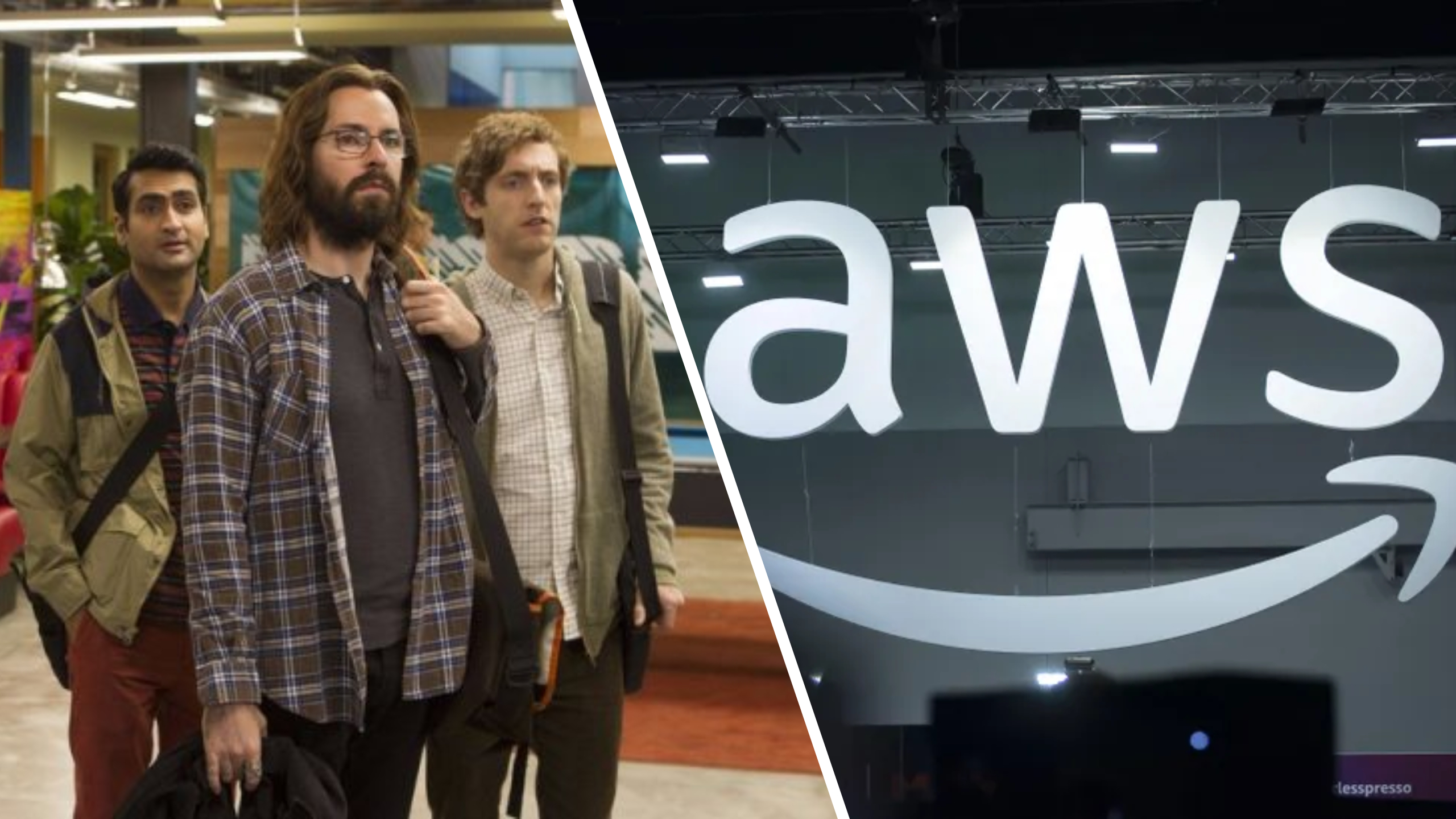Social media hacking fears on the rise — how to stay safe
Social media hacking fears are on the rise

Here at Tom’s Guide our expert editors are committed to bringing you the best news, reviews and guides to help you stay informed and ahead of the curve!
You are now subscribed
Your newsletter sign-up was successful
Want to add more newsletters?

Daily (Mon-Sun)
Tom's Guide Daily
Sign up to get the latest updates on all of your favorite content! From cutting-edge tech news and the hottest streaming buzz to unbeatable deals on the best products and in-depth reviews, we’ve got you covered.

Weekly on Thursday
Tom's AI Guide
Be AI savvy with your weekly newsletter summing up all the biggest AI news you need to know. Plus, analysis from our AI editor and tips on how to use the latest AI tools!

Weekly on Friday
Tom's iGuide
Unlock the vast world of Apple news straight to your inbox. With coverage on everything from exciting product launches to essential software updates, this is your go-to source for the latest updates on all the best Apple content.

Weekly on Monday
Tom's Streaming Guide
Our weekly newsletter is expertly crafted to immerse you in the world of streaming. Stay updated on the latest releases and our top recommendations across your favorite streaming platforms.
Join the club
Get full access to premium articles, exclusive features and a growing list of member rewards.
Worried your social media accounts might get hacked? You’re not alone as a new study from NordVPN shows that Americans are becoming increasingly worried that they may soon lose access to their Facebook, TikTok and other accounts.
The VPN maker surveyed just over a 1,000 U.S. consumers to find that 7 in 10 (70%) are worried their social media accounts might get hacked while nearly a third (30%), are very concerned.
The fact that more users are worried their social media accounts may be taken over by hackers aren’t surprising, especially as most respondents (89%) reported knowing someone that fell victim to social media hacking. However, 28 percent of those surveyed said they know between 5-10 victims of social media hacking.
Of those hacked, almost 8 out of 10 (77%) said their Facebook account was hacked while 35 percent reported that someone hacked their Instagram account. Meanwhile, a quarter said their Twitter or YouTube account was hacked and 23 percent said someone took over their TikTok account.
The platforms social media users are most worried about
In a blog post detailing the results of its survey, NordVPN explained that nearly a third (32%) of respondents worry about having their Facebook account hacked.
Perhaps in part to its growing popularity, just over a quarter (26%) of users worry about having their TikTok hacked. However, there are growing concerns about having other social media accounts hacked including Snapchat (21%), Instagram (20%), Twitter (19%) and YouTube (18%).
All told, 76 percent of users are more concerned about having their social media accounts hacked when compared to previous years, highlighting this growing threat.
Get instant access to breaking news, the hottest reviews, great deals and helpful tips.
The most (and least) trusted social media apps

NordVPN also took a closer look at which social media apps are most trusted by consumers as anxiety over getting hacked “coincides with a general lack of trust in social media”.
When respondents were asked which app they trust the most with their privacy and data, nearly half (47%) chose Facebook. YouTube followed closely behind with 43 percent though other social media apps didn’t fare nearly as well.
Truth Social (7%) and Discord (9%) were the least trusted apps just behind Reddit at 12 percent. Almost a third (29%) of users trust Instagram while both Twitter and TikTok’s apps are trusted by 20% of users.
When it came to the least trusted social media apps, Facebook took the top spot at 34 percent followed by TikTok (33%) and Twitter (23%).
Staying safe from hackers on social media
If you value your social media accounts, fortunately there are several steps you can take to secure them from hackers.
First off, each and every one of your social media accounts should have a strong password that’s also unique. Reusing passwords for multiple accounts makes things even easier for hackers because if they get the password for one account, they can gain access to your other accounts. For this reason, you should use one of the best password managers to create strong passwords for your social media accounts and store them securely.
Daniel Markuson, digital privacy expert at NordVPN, provided further insight on the importance of using strong passwords in a statement to Tom's Guide, saying:
"A survey investigating password habits states that while two-thirds of the respondents agree they should use strong passwords for their accounts, only half of these people practice what they preach and use that strong password. This means that the rest use easy-to-guess passwords, which makes it easier to hack the account. Therefore, there’s no surprise that social media accounts continue getting hacked."
At the same time, enabling two-factor authentication (2FA) for all of your social media accounts adds an extra layer of security as you have to verify your identity using two different methods when logging in. Most social media platforms offer this feature but it’s up to you to enable it.
New device login alerts can also be helpful when it comes to fending off hackers. They protect your account by letting you know if someone has logged in. If you see an unfamiliar device logging into your account (especially from an unfamiliar location), you know it’s been hacked and will have more time to take the necessary steps to recover your account.
Just like in your inbox, you should think twice before clicking on any links or even scanning QR codes sent to you in private messages or posted on social media. Even if a link doesn’t look suspicious at first glance, it’s worth hovering over it and examining its URL to see where the link will take you before clicking on it.

Anthony Spadafora is the managing editor for security and home office furniture at Tom’s Guide where he covers everything from data breaches to password managers and the best way to cover your whole home or business with Wi-Fi. He also reviews standing desks, office chairs and other home office accessories with a penchant for building desk setups. Before joining the team, Anthony wrote for ITProPortal while living in Korea and later for TechRadar Pro after moving back to the US. Based in Houston, Texas, when he’s not writing Anthony can be found tinkering with PCs and game consoles, managing cables and upgrading his smart home.
 Club Benefits
Club Benefits










